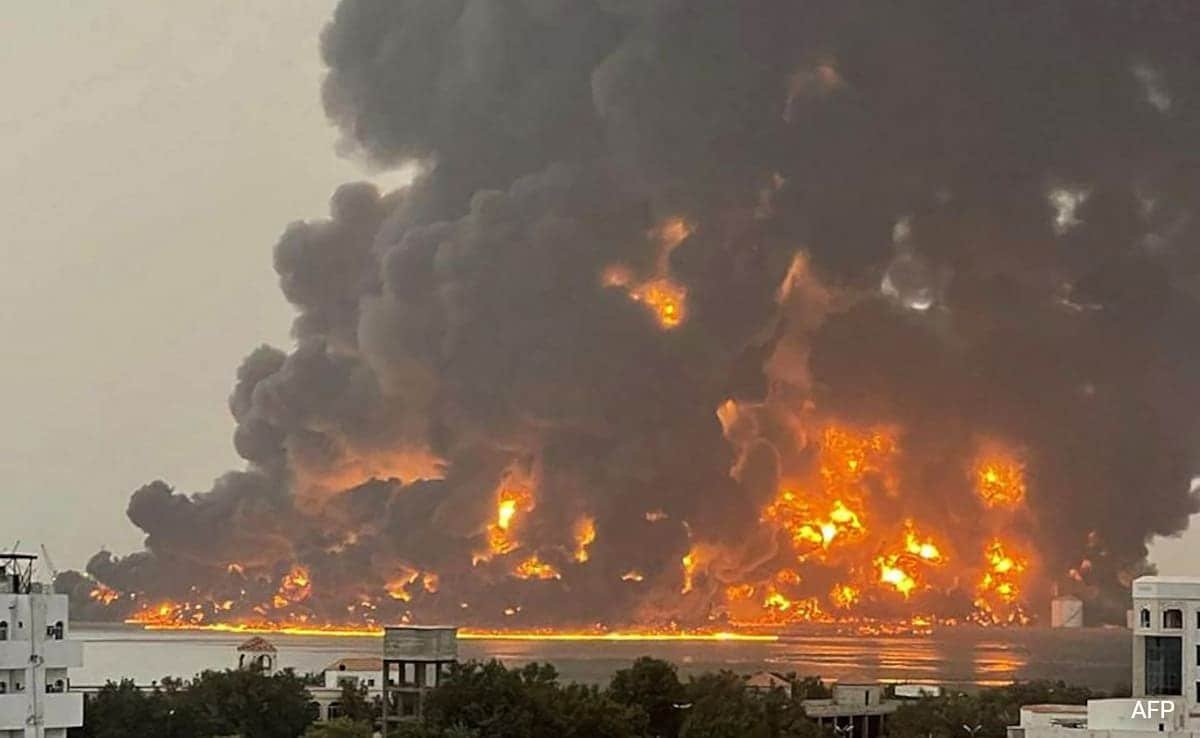Israel’s recent attack on Yemen’s Hudaydah port, a crucial area controlled by the Iran-backed Houthi rebels, has escalated regional tensions and resulted in significant economic disruptions. This blog post delves into the immediate impacts of the attack, the broader economic implications, and how this conflict affects global trade and regional stability.
Immediate Impact of the Attack
The Hudaydah port is a vital lifeline for Yemen, handling the majority of the country’s imports, including essential humanitarian aid. Israel’s strike targeted key infrastructure at the port, including oil storage facilities and refineries, causing substantial damage.
1. Disruption of Vital Infrastructure: The destruction of oil facilities has hindered Yemen’s ability to manage and distribute fuel, which is crucial for both civilian and military operations. This disruption exacerbates the ongoing humanitarian crisis, as fuel shortages affect transportation, electricity, and water supply.
2. Halted Humanitarian Aid: Hudaydah is a major entry point for international aid. The damage to the port infrastructure has delayed the delivery of food, medicine, and other essential supplies. This has dire consequences for a population already suffering from extreme poverty and malnutrition.
3. Increased Shipping Risks: The attack has intensified the risk for commercial shipping in the Red Sea, a crucial maritime route for global trade. Increased military presence and potential for further attacks make this area volatile, leading to heightened security measures for vessels passing through.
Broader Economic Implications
1. Global Maritime Trade Disruption: The Red Sea is a strategic route for international maritime trade, connecting the Mediterranean Sea to the Indian Ocean via the Suez Canal. The conflict has led to a significant decline in shipping activities through this route. Reports indicate a 90% decrease in container shipping via the Red Sea since the escalation of conflicts. Shipping companies are rerouting around Africa, which adds approximately 1-2 weeks of transit time and an estimated $1 million in additional fuel costs per voyage.
2. Rising Insurance and Operational Costs: The heightened risk of attacks has driven up war risk insurance premiums for ships transiting the Red Sea. Premiums have surged to 0.7-1.0% of a ship’s total value, compared to less than 0.1% before the conflict escalated. Additionally, the cost of crew bonuses and security measures has increased, further straining shipping companies’ operational budgets.
3. Impact on Global Oil Markets: The Red Sea route is vital for the transport of oil from the Middle East to Europe and North America. Disruptions in this region can lead to volatility in global oil prices. The increased risks and rerouting of tankers contribute to higher transportation costs, which can be passed on to consumers in the form of higher fuel prices.
4. Regional Economic Stability: Neighboring countries, already dealing with their own economic challenges, face additional pressures from the conflict. The disruptions in trade routes and the threat of spillover violence can destabilize the broader Middle East region. Countries heavily reliant on maritime trade through the Red Sea, like Egypt and Saudi Arabia, may experience economic slowdowns due to increased logistical costs and trade delays.
5. Humanitarian and Developmental Impact: Yemen, one of the poorest countries in the Arab world, is experiencing a worsening humanitarian crisis. The attack has further complicated the delivery of aid, leading to increased suffering among the population. Long-term economic development is also hindered as infrastructure damage and ongoing conflict deter foreign investment and aid.
Conclusion
Israel’s recent military actions in Yemen have heightened regional tensions and caused significant economic disruptions. The attack on Hudaydah port has not only affected Yemen’s local economy but also posed substantial risks to global maritime trade. The rise in operational costs, insurance premiums, and logistical challenges highlights the far-reaching economic consequences of this conflict. Addressing these issues requires coordinated international efforts to ensure maritime security and facilitate humanitarian aid delivery.
To understand how global growth has stabilized for the first time in three years and the implications for the economy, read our article Global Growth Stabilizes for the First Time in Three Years.





